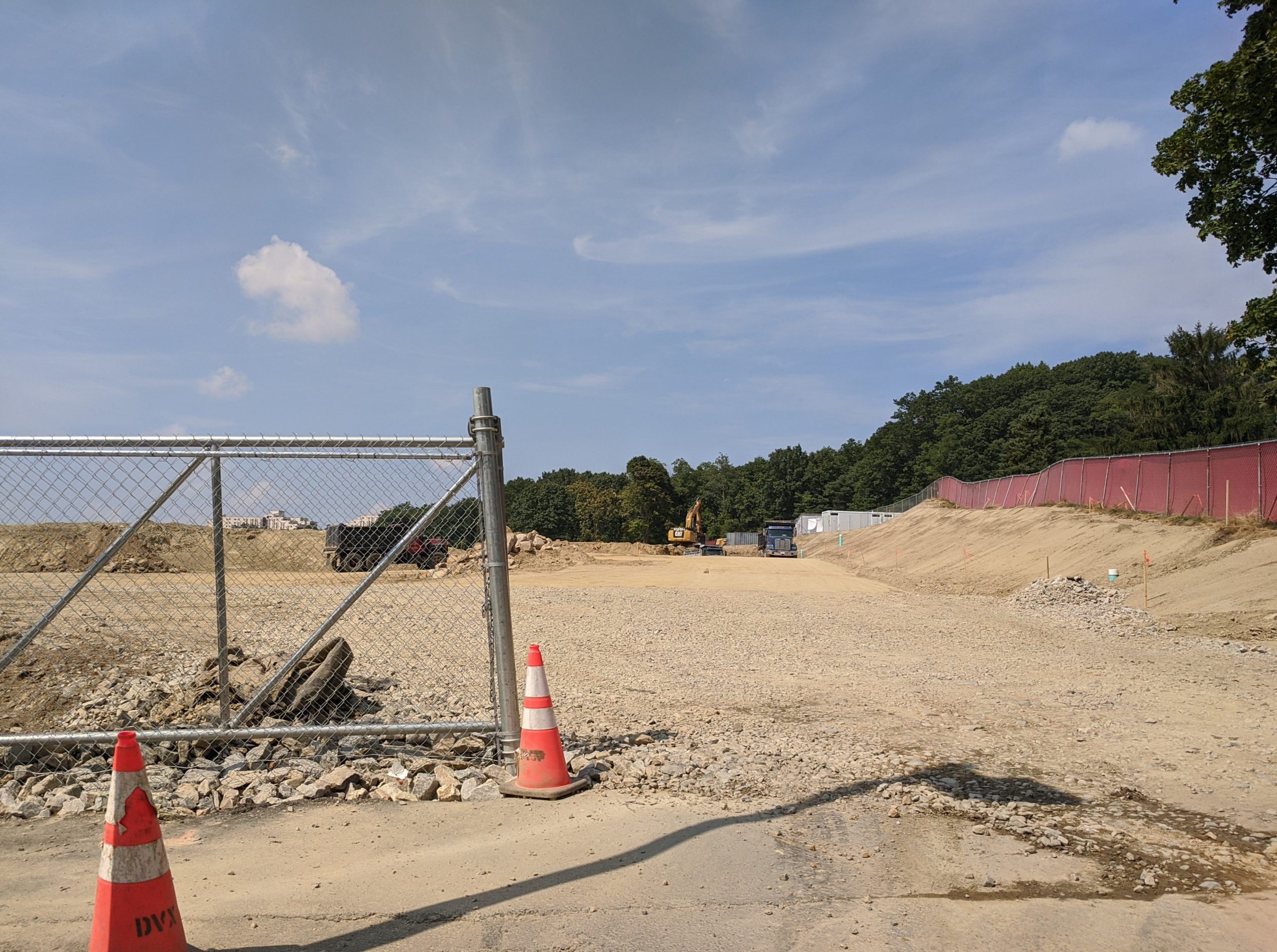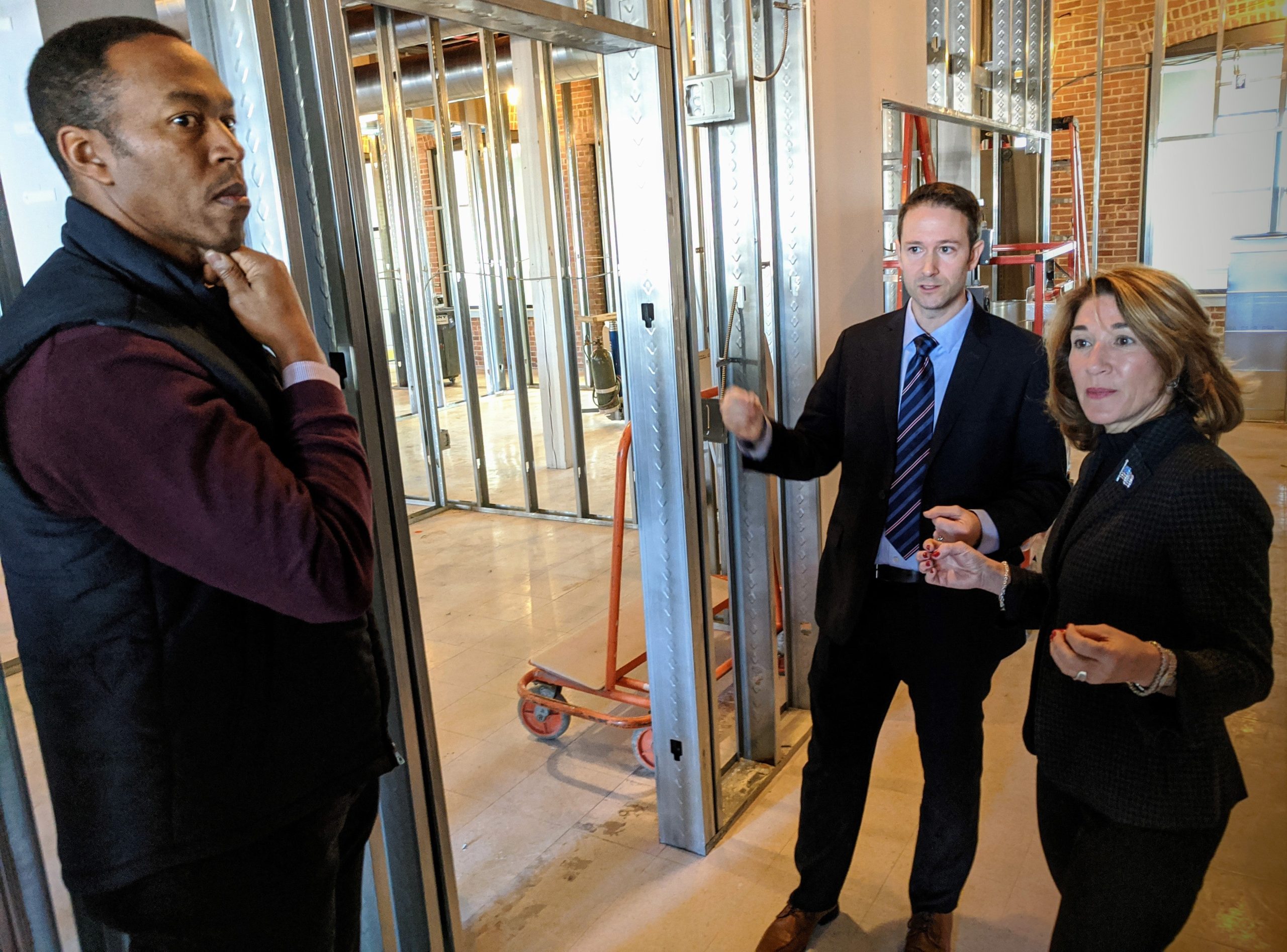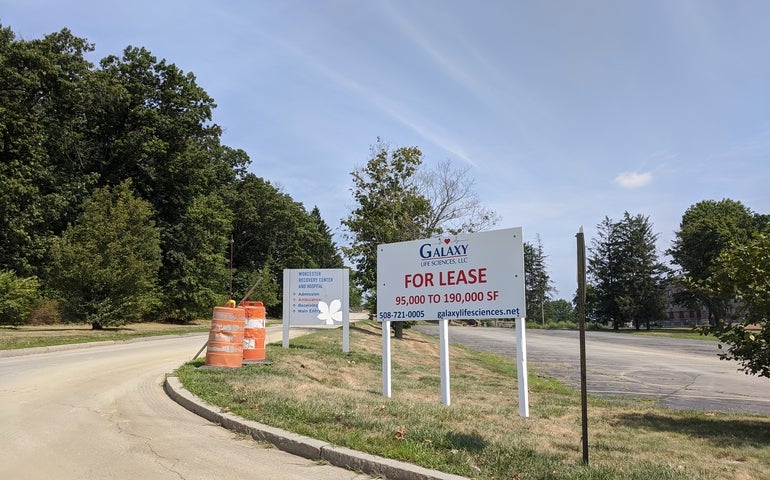The coronavirus pandemic is boosting the life science industry in Greater Boston, including suburban areas sometimes left in the long shadows of hubs like Kendall Square.
JLL, a national real estate and investment management firm with local offices in Boston, published research Tuesday showing the Boston area benefiting more than any region in the country from what’s expected to be a quickening pace of growth for the life sciences industry in the wake of the pandemic. That growth comes from both a demand for advances in health technology and treatments as well as life science firms’ push toward the suburbs, where they can spread out more safely with lab space.
“The COVID-19 pandemic has highlighted the critical nature of the life science industry, thrusting Greater Boston into the spotlight,” JLL’s report said.
In JLL’s calculations, the Boston area is far and away the national leader in life sciences, based on the firm’s consideration of employment concentration in life sciences, venture capital funding in the industry, the concentration of life science firms and National Institutes of Health funding. In the past five years, the number of scientific research and development firms in the area has risen by 51% to nearly 2,000, the firm said.
JLL has found signs growth is now spilling over into the area’s suburbs that before had been largely left behind as firms looked to locate in denser neighborhoods like Kendall Square in Cambridge or the Seaport in Boston.

Cambridge’s Moderna has already become one of the national leaders in a race to find a pandemic vaccine. And although JLL doesn’t site any major life science space under development in the region’s western suburbs, those outlying areas, including MetroWest, are now seeing rising laboratory space demand, due in part to total demand and firms re-evaluating their space needs, said Don Domoretsky, the head of JLL’s Life Science Practice in Boston.
Investors are now looking to develop new facilities farther out from Boston, Domoretsky said, including Westborough and Marlborough, where a Quest Diagnostics lab has been a major processor of coronavirus tests. Framingham has a notable new tenant on the way in the Swiss firm CRISPR Therapeutics, which in May signed a lease for a 50,000-square-foot manufacturing facility at the former MetroWest Daily News offices on New York Avenue in Framingham.
A few new projects in Worcester show the city may be getting a larger slice of the broader region’s life science growth.
WuXi, a Chinese life sciences company, has begun site work on a $60-million, 107,000-square-foot, two-story facility in a new planned cluster of buildings called The Reactory next to AbbVie on Belmont Street. The company closed on a deal to buy the property in May, with plans to open the facility in 2022. On an adjacent plot in The Reactory, Webster developer Galaxy Life Sciences said in early August it is planning to build a $50-million biomanufacturing facility.

An industry incubator, Massachusetts Biomedical Initiatives in Worcester, has expanded by 20,000 square feet the amount of space it has to offer to startups, which share equipment and other resources. That new space, on Briden Street and a short walk from MBI’s existing space at Worcester Polytechnic Institute’s Gateway Park, opened in mid-June and has 17 tenant companies.
After two months, the space is 40% to 45% full, beating MBI’s occupancy expectations for the expansion’s first full year, said Jon Weaver, MBI’s president and CEO. The incubator is planning a virtual ribbon-cutting ceremony for the new space on Aug. 25, and Weaver is optimistic Worcester will see more growth in the industry.
“It just feels like Worcester’s really ready to make a major next step,” he said.

